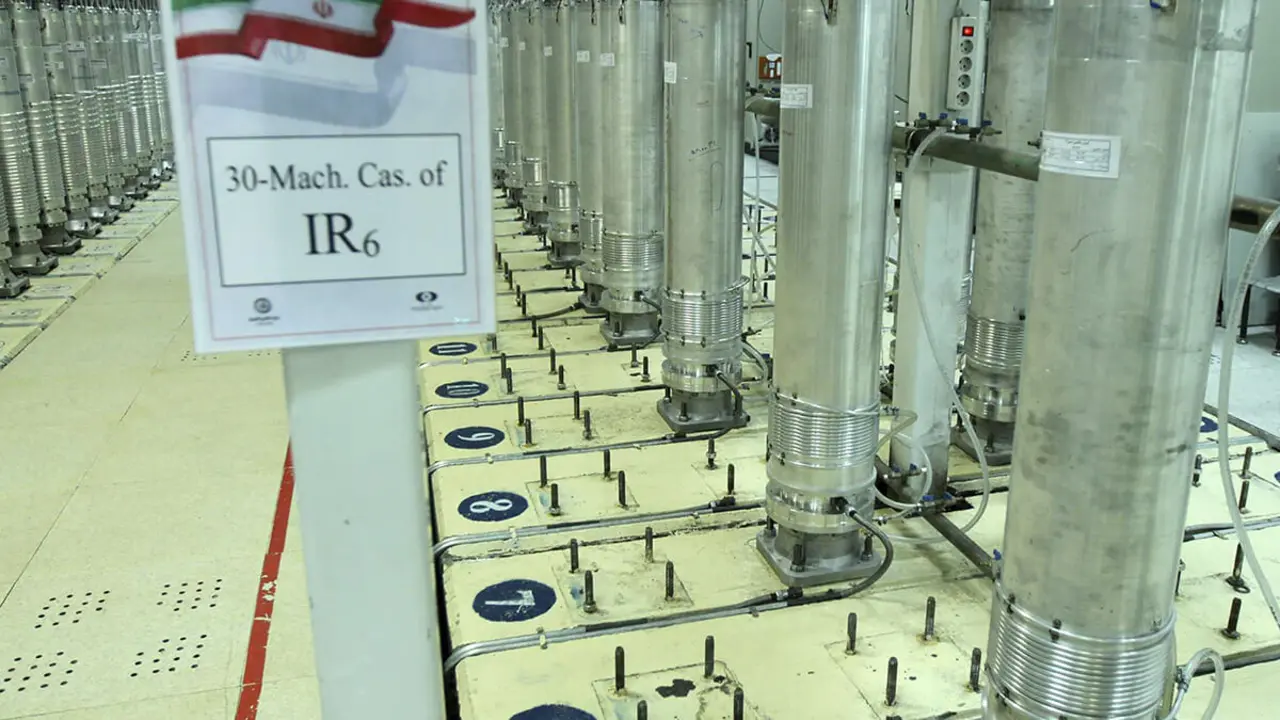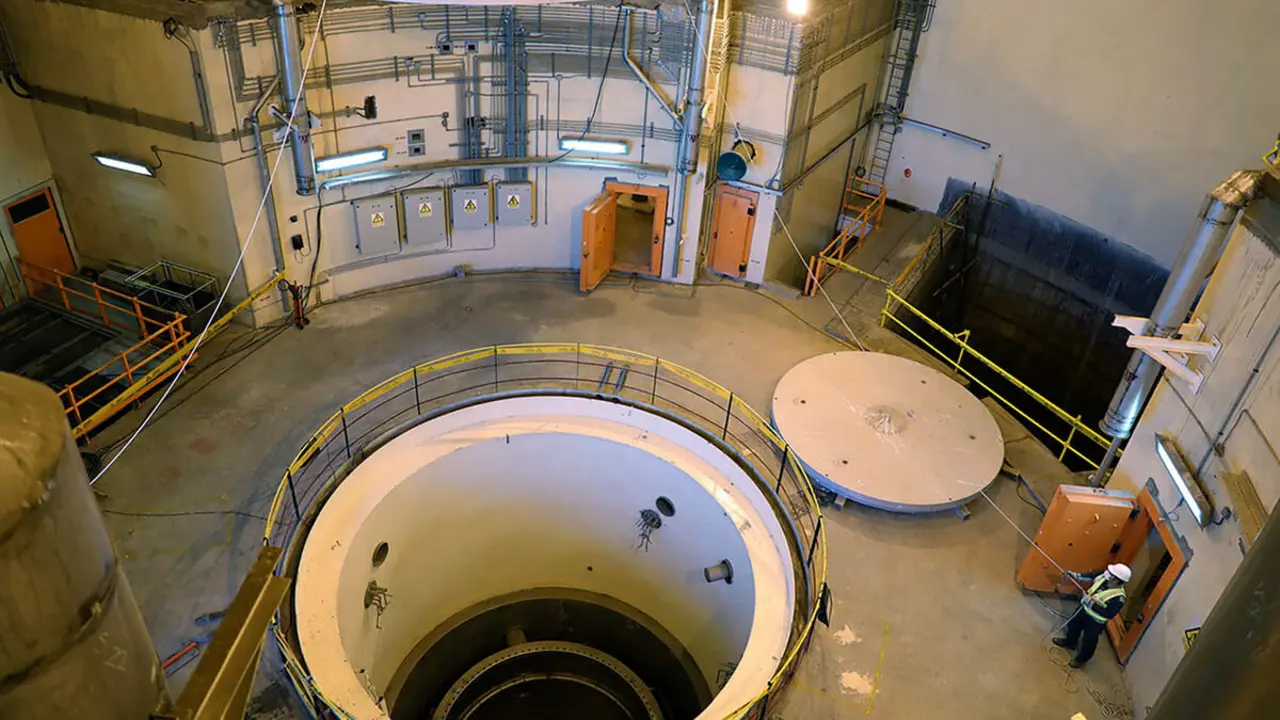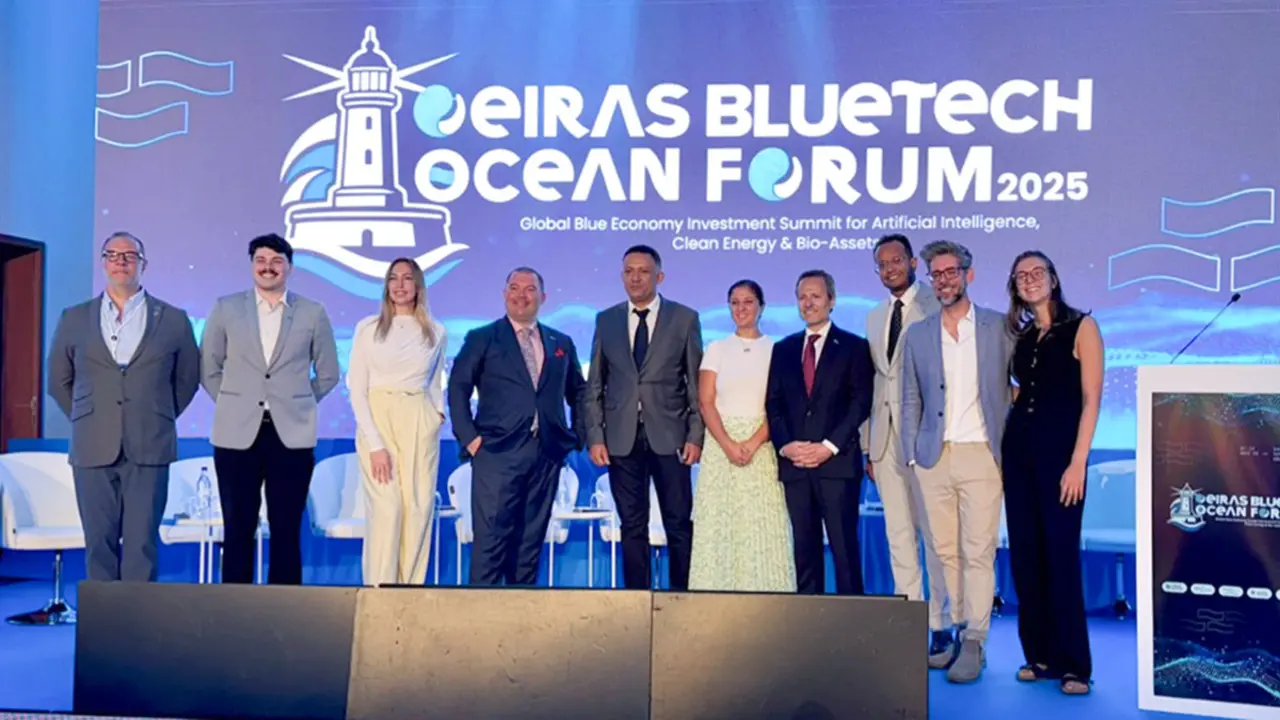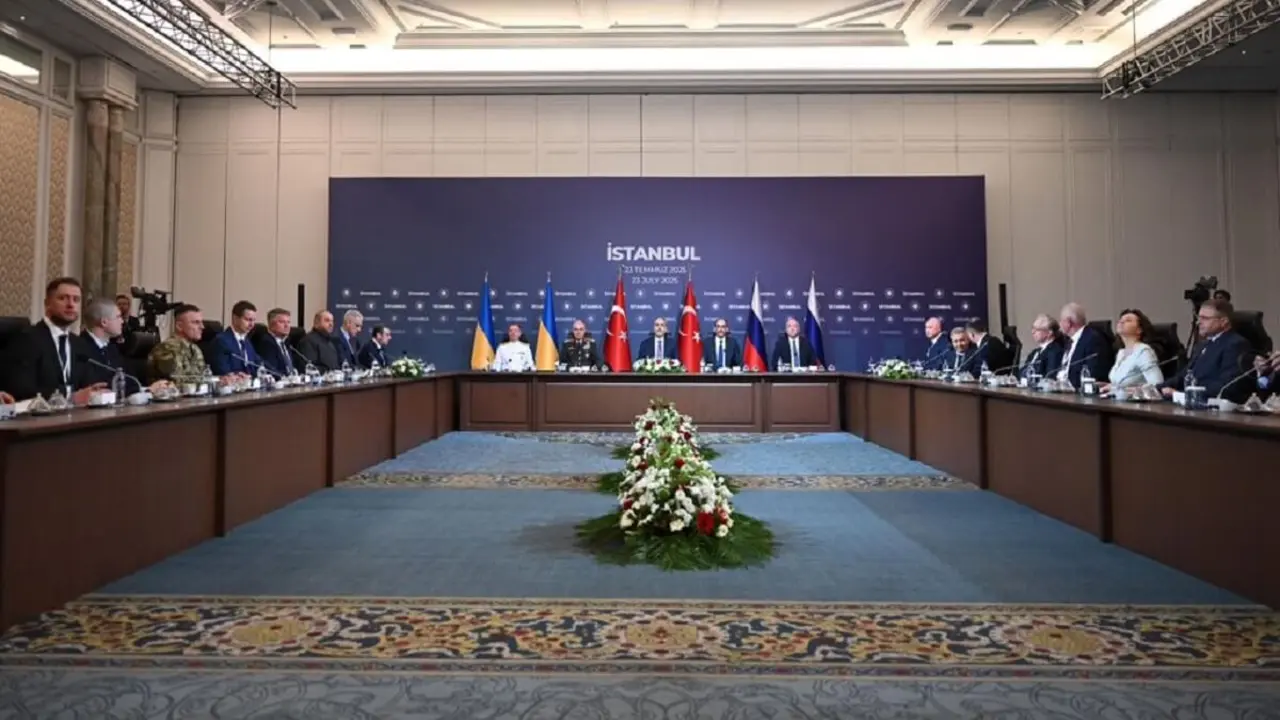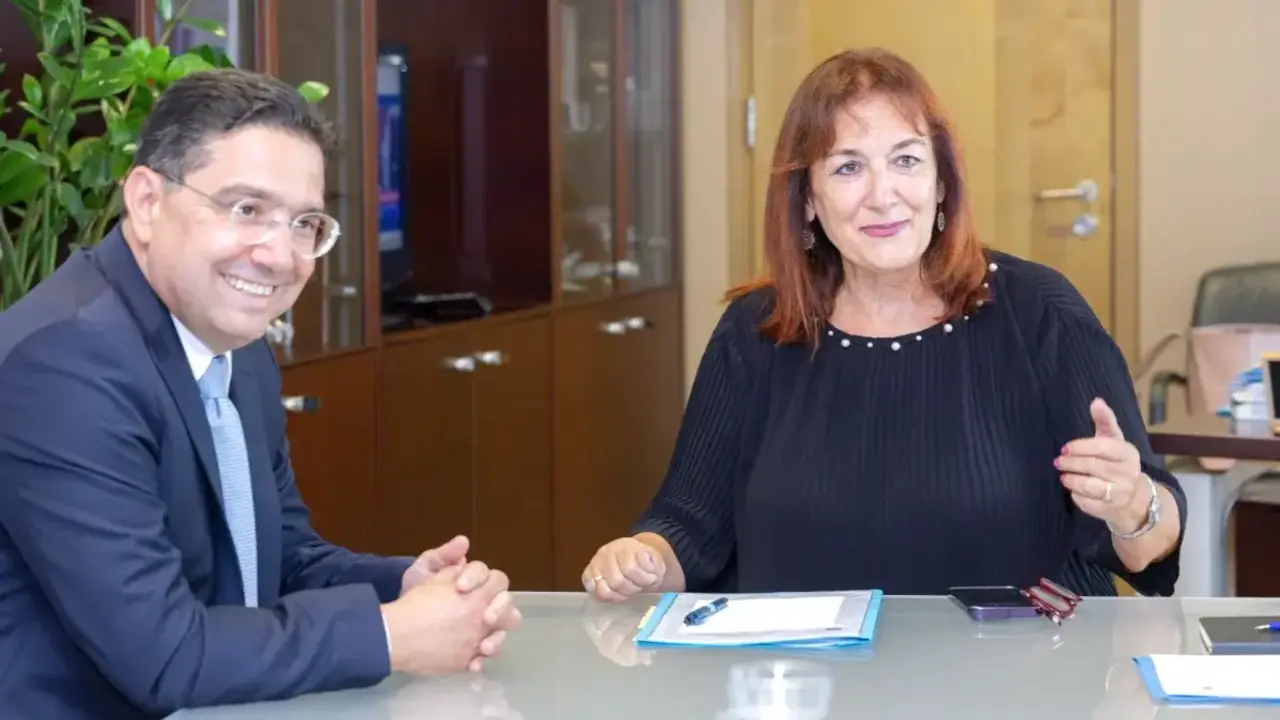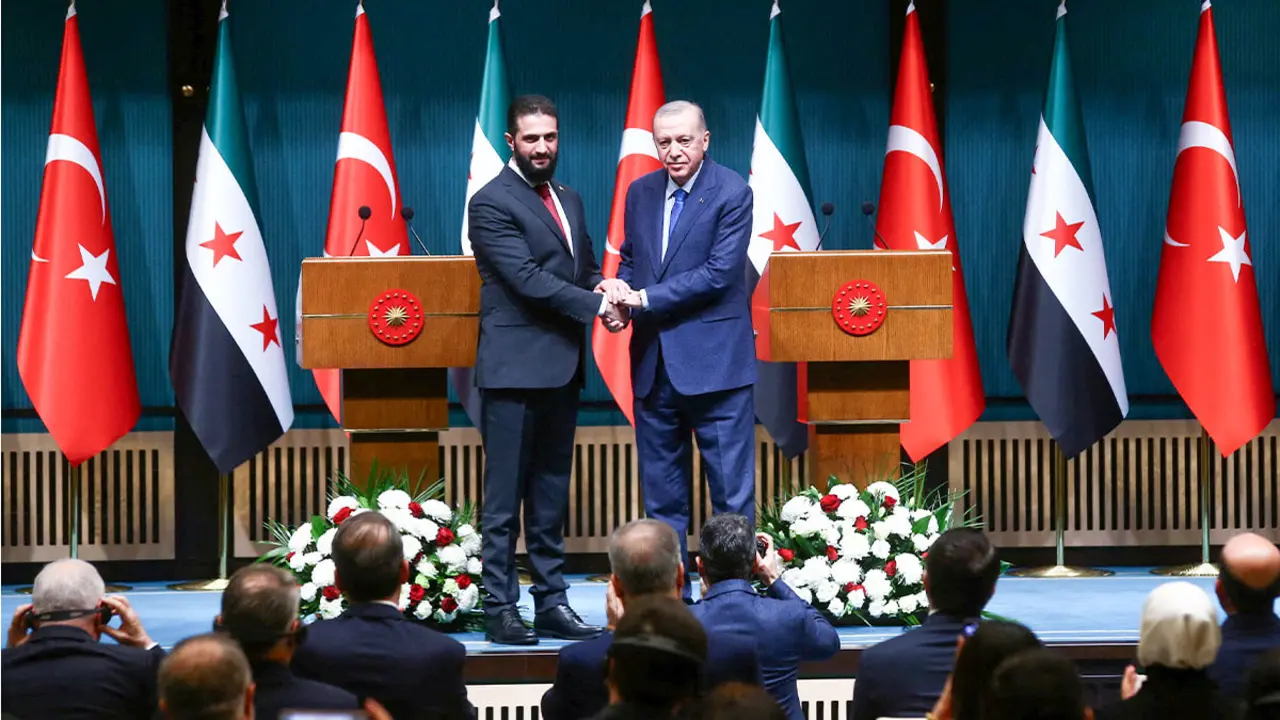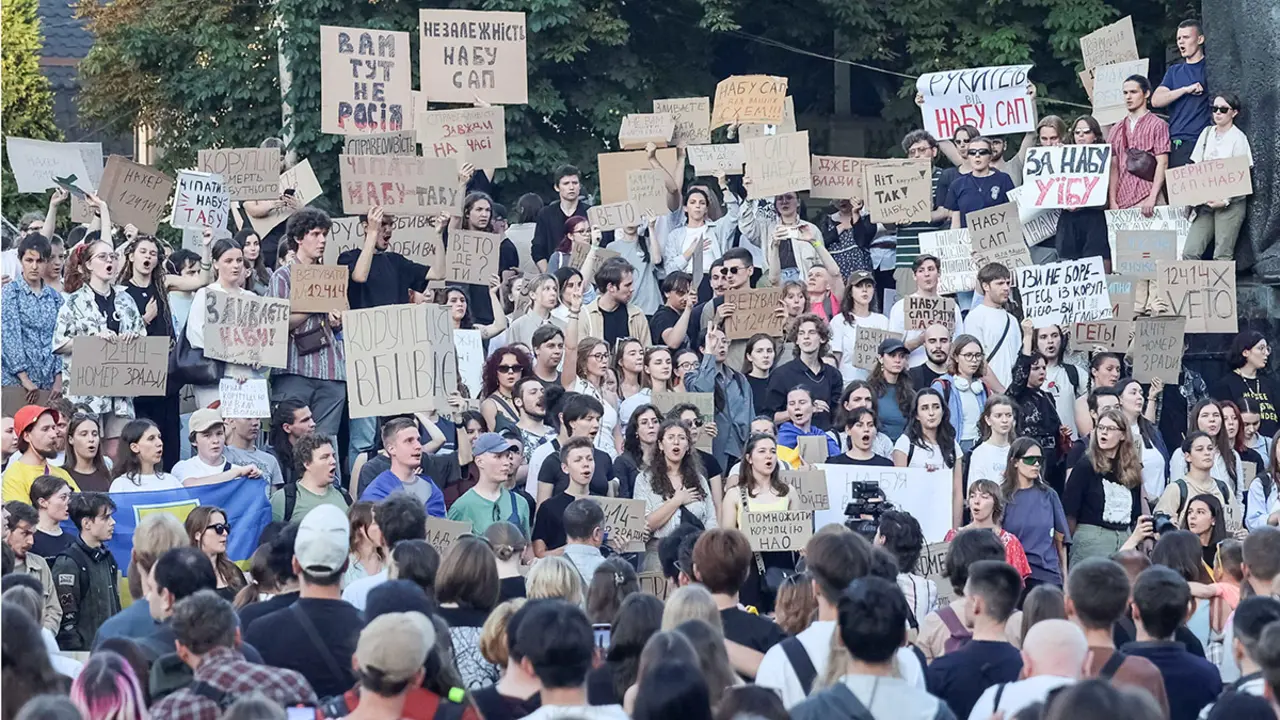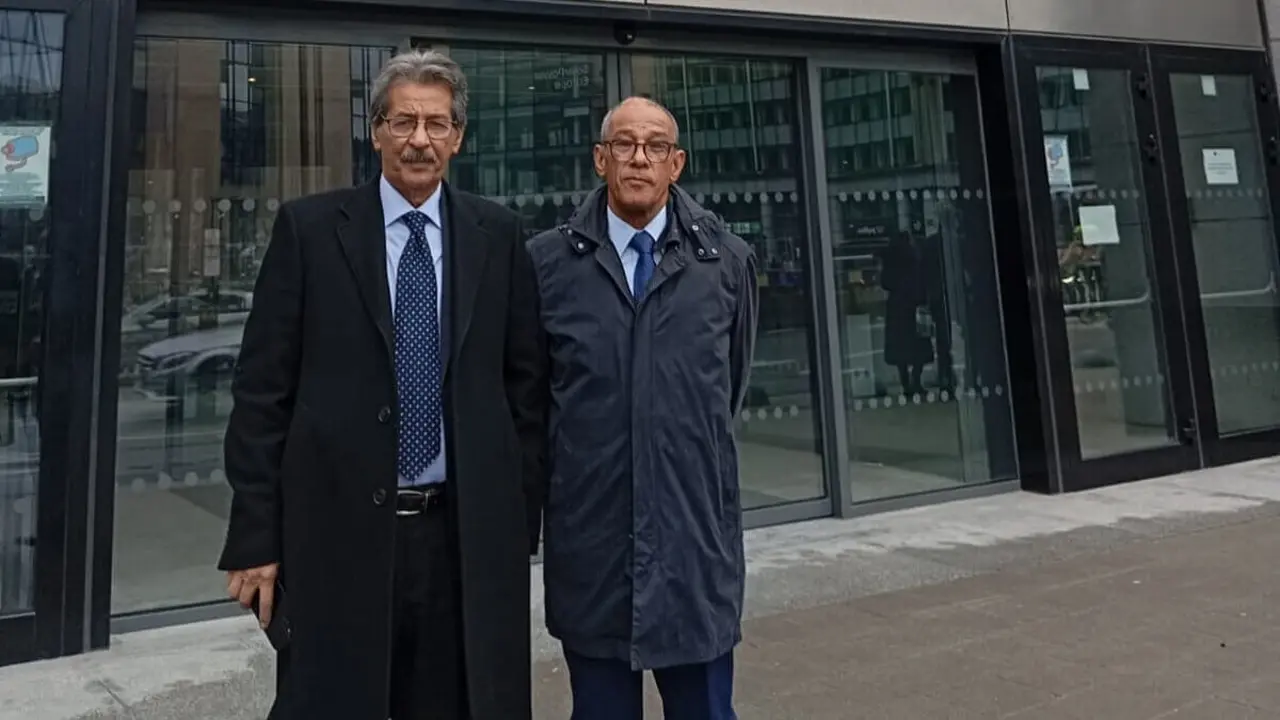Iran could be producing aluminium powder for its missile programme
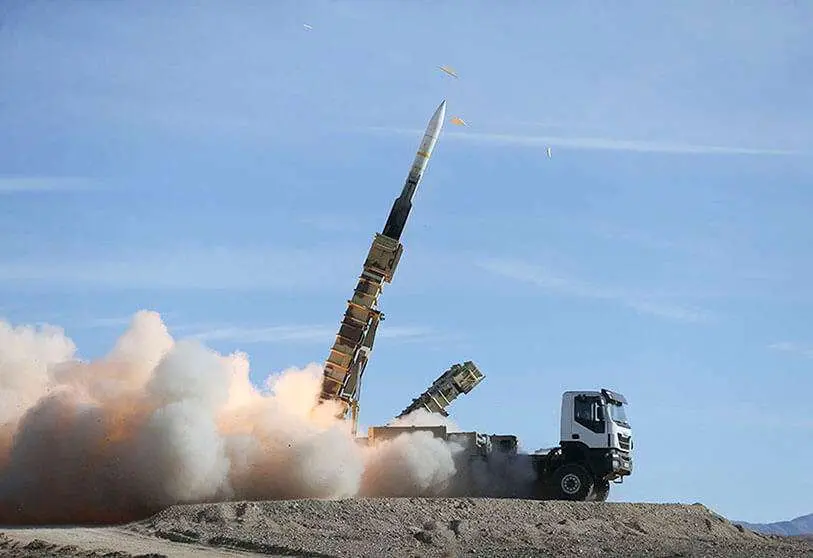
"The history of human conflict is the struggle between sword and shield, spear and armor. That is, between technologies related to attack and those related to defense. With these words, the military Pedro Baños explains in his book " The world domain. Elements of power and geopolitical keys" the importance of development and technology in the current world order. During the last few months, Iran has demonstrated the power of its military capacity, despite the sanctions imposed by the United States. An investigation carried out by the Reuters news agency has revealed that, in the middle of the desert in the province of Khorasan, in the northeast of Iran, the Islamic Republic is producing aluminium powder for its missile programme.

According to the report, based on the testimony of a former Iranian government official and on documents to which Reuters has had access, the Islamic Revolutionary Guard Corps - a branch of the Iranian Armed Forces - has been responsible for leading this procedure in a secret facility located near the town of Jajarm, where there is a secret facility that for the last few years has been producing aluminum powder for use in a missile program. Aluminium powder, derived from bauxite, is essential for creating solid fuel engines used to launch missiles.
Iran began manufacturing this product more than five years ago, according to former official Amir Moghadam, interviewed by Reuters, who from 2013 to 2018 was head of public relations and head of the parliamentary affairs department in the office of the vice president of executive affairs, which at the time oversaw some economic policies. Moghadam has admitted that he visited the facility twice and that production continued after he left the Islamic Republic.
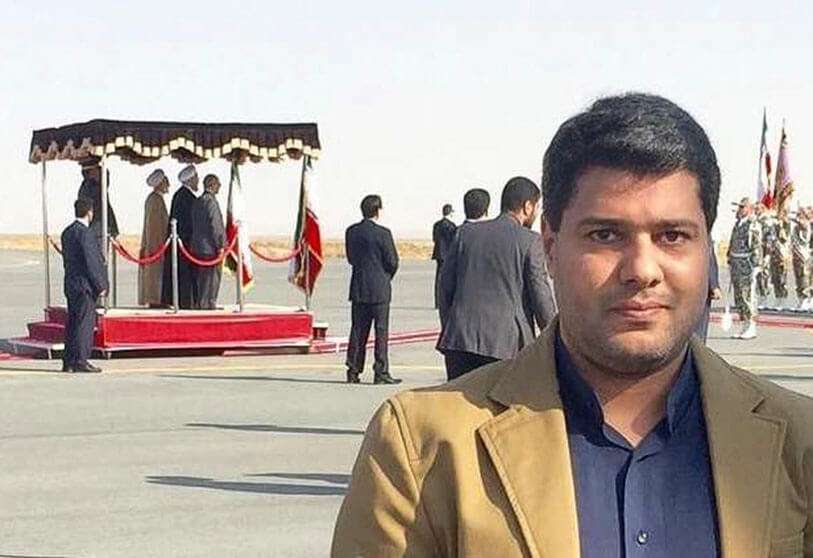
The distance between Washington and Tehran has increased in recent years, mainly after the US abandoned the nuclear pact, a decision taken by Trump because he believed that the US was not fulfilling its commitments. At the same time that the American nation has intensified sanctions against Iran, this country has encouraged the development of aluminum powder for the production of missiles.
Reuters has consulted dozens of documents related to this project dating from 2011 to 2018. Among them, a letter addressed to the country's supreme leader, Ayatollah Ali Khamenei, from a Revolutionary Guard commander whose brother is known in the country as "the father of Iran's missile program" stands out. In this letter, Mohammad Tehrani Moghadam described the Jajarm facility as a "project to produce missile fuel from metal powder" and said it played an important role in "improving the country's self-sufficiency in solid missile fuel production". Iranian United Nations spokesman Alireza Miryousefi said he had "no information about these claims and the authenticity of these documents," before stressing that Iran's missile program is "solely defensive.
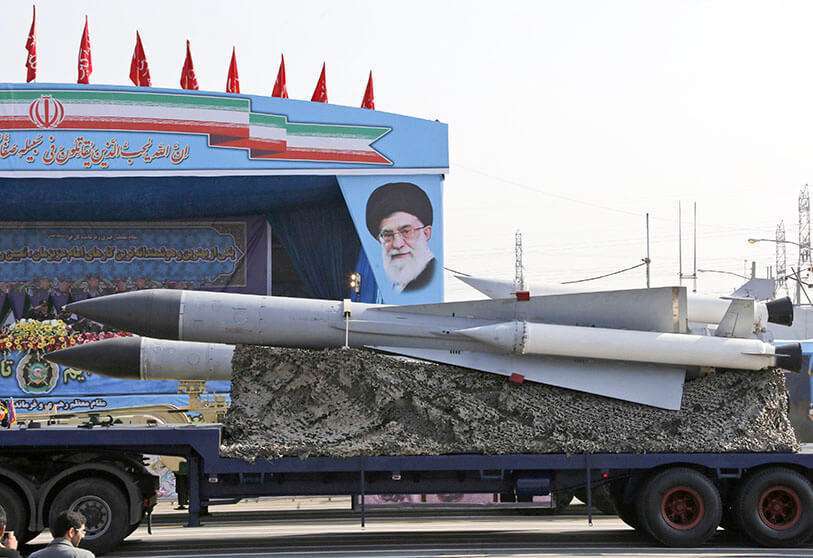
The United States has activated additional sanctions on Iran over the past few months in the midst of the coronavirus pandemic. The discovery of this aluminum powder manufacturing facility could lead to a further estrangement between the two countries. The Iranian energy and metallurgical sectors are severely weakened by the sanctions imposed in 2018 by the United States, which bans the export of crude oil from Iran and any kind of transaction related to the aluminum sector. In addition, these coercive measures also target the guardians of the revolution or those who support them. An example of this is the sanctions imposed this June against two companies for their alleged link to Tehran's nuclear programme. The companies concerned are Islamic Republic of Iran Shipping Lines (IRISL) and E-Sail Shipping Company, its subsidiary in the Chinese city of Shanghai.
"The Treasury takes seriously any reports of potentially sanctionable conduct and, while we do not comment on possible investigations, we are committed to attacking people who support the Iranian regime and its evil activities around the world within our authorities," a US Treasury spokesman told Reuters after being briefed on the aluminium powder factory. For his part, José Luis Díaz, spokesman for the UN Department of Political Affairs and Peacebuilding, stressed that "the Security Council has not clarified whether Iran's capacity to produce aluminium powder for use as a missile propellant is incompatible with the restrictive measures".
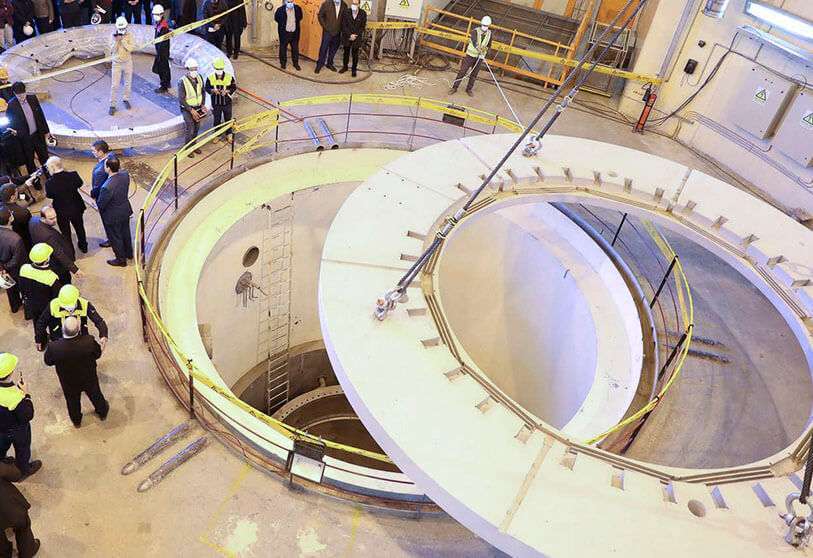
If it is true, producing its own aluminum powder would give greater control over the supply chain and the quality of Iran's missile propellants, Michael Elleman, director of the nuclear nonproliferation and policy program at the International Institute for Strategic Studies, a Washington-based think tank, told the agency charged with conducting this research. The Jajarm facility is run by the Iranian Alumina Company, a subsidiary of the state-owned Iranian Mines and Mining Industries Development and Renovation Organisation. However, on its website, it is not directly stated that this company is engaged in the production of aluminium powder. On the contrary, they claim to operate a bauxite mine in a complex located about 10 kilometres northeast of Jajarm.
"We have significant and long-standing concerns about Iran's ballistic missile programme, which is destabilising for the region and represents a threat to regional security," the British government warned in an official statement. The accusation of producing aluminium powder comes at a critical time for the Islamic Republic, one of the countries most affected by the coronavirus, which now faces a new outbreak after restrictions were relaxed. Still, the country's alleged nuclear program is a source of concern across the globe, including at the United Nations, where the Security Council adopted Resolution 1929 in June 2010, a decade ago, to restrict the production of ballistic missiles capable of carrying nuclear weapons and banned other states from providing Iran with related technology or technical assistance.
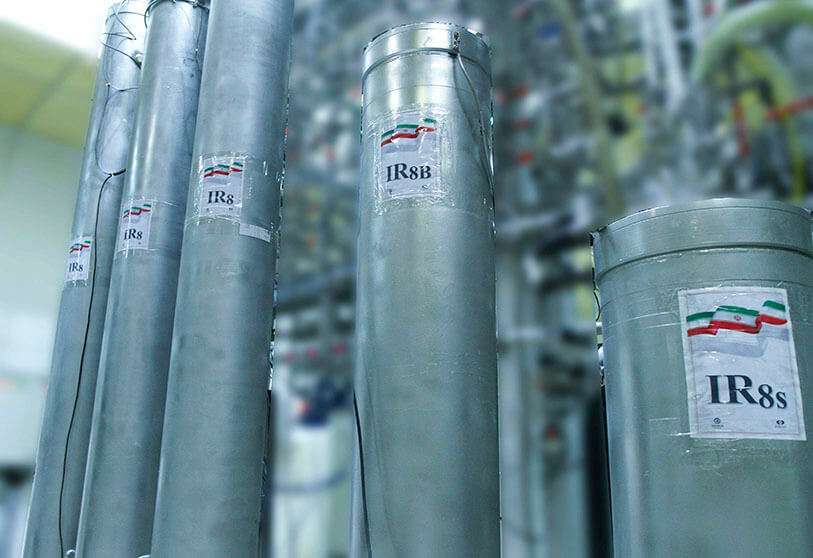
Just three months later, Singaporean authorities intercepted a shipment of 302 aluminum powder drums to Iran from China, according to a U.N. panel monitoring compliance with the resolution. At the time, according to Reuters, the Jajarm installation was already in progress. Moghadam told Reuters that he visited the Jajarm facility twice in 2015 and attended several meetings in Tehran between government officials and company managers. "The managers were asking for access to foreign currency, saying that their military project needed government support to survive to the sanctions," he concluded.

